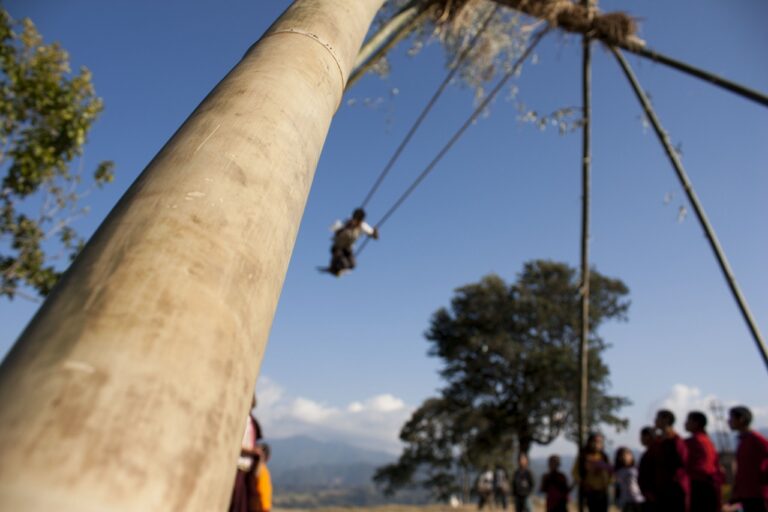The Ethical Dilemmas of Reality TV Production: Skyexch, World777, Goldsbet login
skyexch, world777, goldsbet login: Reality TV has become a staple of modern television programming, captivating audiences with its unscripted drama and unpredictable twists. However, behind the scenes, reality TV production poses a myriad of ethical dilemmas that often go unnoticed by viewers. From exploiting contestants for ratings to manipulating storylines for dramatic effect, reality TV production raises important questions about the boundaries between entertainment and exploitation.
1. Contestant Exploitation: One of the biggest ethical dilemmas in reality TV production is the exploitation of contestants. While contestants willingly sign up to participate in these shows, they are often subjected to intense pressure, manipulation, and emotional distress for the sake of entertainment. Producers have been known to push contestants to their breaking points, creating dramatic confrontations and breakdowns solely for ratings.
2. Lack of Informed Consent: Another ethical concern in reality TV production is the issue of informed consent. Contestants are often required to sign extensive contracts that give producers control over their image, likeness, and personal information. However, many contestants are unaware of the full extent of these contracts and the potential consequences of their participation in the show.
3. Manipulation of Storylines: Reality TV producers are notorious for manipulating storylines to create more drama and conflict on screen. This often involves editing footage in a way that distorts reality, portraying contestants in a negative light or creating false narratives to heighten tension. While this may make for compelling television, it raises ethical questions about the impact of these manipulations on the lives of the contestants involved.
4. Exploitation of Vulnerable Populations: Reality TV shows often target vulnerable populations, such as individuals struggling with addiction, mental health issues, or financial difficulties. By exploiting these vulnerabilities for entertainment, producers risk trivializing serious issues and perpetuating harmful stereotypes. This raises concerns about the ethics of using real people’s struggles for the sake of entertainment.
5. Invasion of Privacy: Reality TV production frequently blurs the lines between public and private life, invading contestants’ privacy in the name of entertainment. From hidden cameras in bedrooms to intrusive interviews about personal relationships, contestants are often subjected to intense scrutiny and exposure without their consent. This raises ethical questions about the boundaries of privacy and the impact of this constant surveillance on contestants’ mental and emotional well-being.
6. Psychological Impact on Contestants: The intense pressure and scrutiny of reality TV production can have lasting effects on contestants’ mental health. Many contestants experience anxiety, depression, and post-traumatic stress disorder as a result of their participation in these shows. This raises ethical questions about the responsibility of producers to prioritize contestants’ well-being over ratings and entertainment value.
In conclusion, reality TV production is rife with ethical dilemmas that challenge the boundaries of entertainment and exploitation. From contestant exploitation to manipulation of storylines, these shows raise important questions about the ethics of reality TV production. As viewers, it’s essential to be mindful of the impact of these shows on the lives of those involved and to critically engage with the ethical issues at stake.
FAQs:
Q: Are reality TV shows scripted?
A: While reality TV shows are marketed as unscripted, producers often manipulate storylines and edit footage to create dramatic narratives.
Q: Do contestants get paid to be on reality TV shows?
A: Contestants on reality TV shows may receive a stipend or prize money for their participation, but the amount varies depending on the show.
Q: How are contestants selected for reality TV shows?
A: Contestants are typically selected through a rigorous audition process, in which producers look for compelling personalities and potential for drama.
Q: What should viewers consider when watching reality TV shows?
A: Viewers should be critical of the ethical implications of reality TV production, including contestant exploitation, manipulation of storylines, and invasion of privacy.







